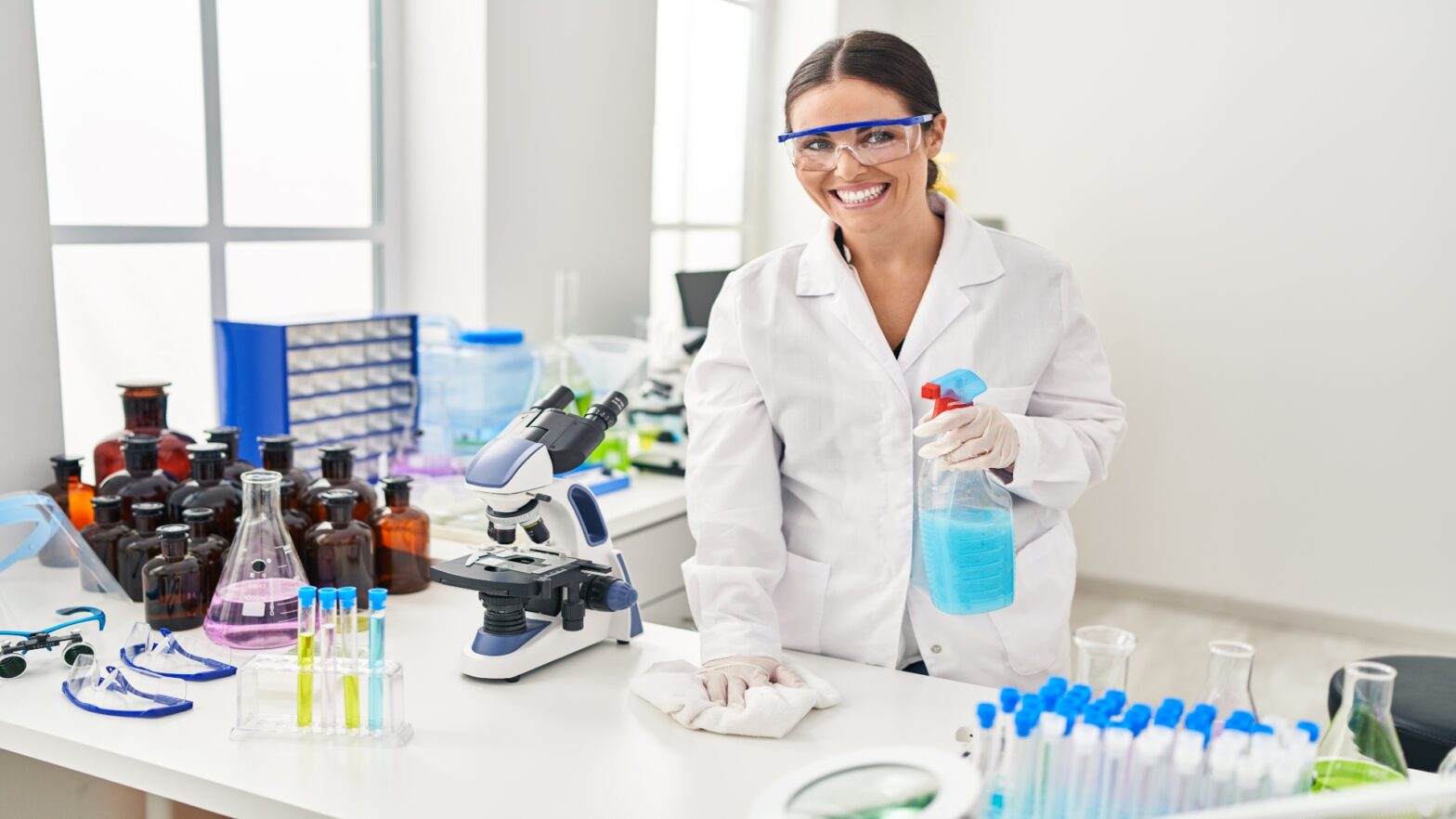Protect your equipment, ensure precision, and extend lab efficiency.
In the world of science, your results are only as reliable as the tools you use. From high-precision instruments to everyday glassware, proper care is what keeps your lab running smoothly and your data trustworthy.
Whether you’re managing a research lab, a clinical facility, or a quality control setup, here’s your complete, easy-to-follow guide on how to take care of lab instruments, glassware, plasticware, and porcelainware—without the guesswork.
🔧 Why Maintenance Should Be a Daily Priority
Neglecting maintenance doesn’t just shorten equipment lifespan—it can also lead to:
- Inaccurate results
- Contaminated samples
- Compliance issues during audits
- Unexpected downtime and repair costs
Routine care is your first line of defence.
🛠️ General Tips for All Lab Equipment
- Follow Manufacturer Guidelines: Every product is different—refer to the user manual for specific cleaning agents, calibration procedures, and handling tips.
- Keep a Maintenance Log: Record cleaning, calibration, and servicing for every instrument or apparatus.
- Train Staff Regularly: Even experienced lab professionals need refreshers on safe handling and best practices.
⚙️ Maintenance for Common Lab Instruments
⚖️ Balances & Scales
- Place on vibration-free, level surfaces.
- Calibrate frequently using certified weights.
- Keep the weighing pan clean and free from chemicals or dust.
🌡️ pH Meters
- Store electrodes in appropriate storage solution.
- Rinse with distilled water before and after use.
- Replace electrodes as needed (typically every 6–12 months).
💡 Spectrophotometers
- Clean sample holders/cuvettes carefully—avoid scratches.
- Keep dust out of optical components.
- Calibrate the instrument periodically.
🧬 Centrifuges
- Never run with an unbalanced load.
- Inspect rotors for corrosion or cracks.
- Clean rotor chambers after use and allow drying before storing.
🔬 Microscopes
- Clean lenses only with proper lens paper or solution.
- Cover when not in use to avoid dust buildup.
- Adjust lighting and calibration settings for optimal viewing.
🧪 Care for Glassware
Lab glassware, like beakers, flasks, and test tubes, plays a crucial role in sample preparation, reactions, and analysis. Here’s how to keep them in top shape:
- Rinse Immediately: Avoid letting residues dry inside.
- Use Proper Brushes: Choose soft, non-abrasive brushes to avoid scratching.
- Avoid Thermal Shock: Don’t transfer hot glassware directly to cold water.
- Inspect for Cracks: Discard any chipped or cracked items—breakage risk is high under heat or pressure.
- Dry Before Storage: Allow to air-dry or use drying ovens at controlled temperatures.
Common Glassware to Maintain:
You can find high-quality Laboratory Glassware at MEDILAB for all your testing needs.
🧴 Care for Plasticware
While plastic labware is durable and economical, improper care can lead to warping, leaching, or contamination.
- Avoid High Temperatures: Most plastics are not autoclavable unless specified.
- Use Mild Detergents: Strong solvents can degrade or stain plastic surfaces.
- Handle Gently: Plastic can scratch easily, creating microbial hiding spots.
- Dry Thoroughly: Especially important for reusable items like measuring cylinders and wash bottles.
Plasticware Items to Maintain:
Explore our wide range of Plastic Labware designed for durability and safety.
🏺 Care for Porcelainware
Porcelain labware, like crucibles and evaporating dishes, is heat-resistant but needs careful handling.
- Cool Naturally After Heating: Sudden cooling can cause cracking.
- Avoid Abrasive Cleaning: Use non-metallic scrubbers and neutral pH cleaners.
- Handle with Care: Porcelain is brittle; a small chip can lead to complete breakage under high temperatures.
- Inspect Regularly: Check for hairline cracks or surface defects before every use.
Porcelainware Items to Maintain:
For reliable porcelain items, check out our Porcelain Labware collection.
❌ Avoid These Common Labware Mistakes
- Mixing incompatible chemicals in the same glassware without cleaning
- Using scratched or etched plasticware for sensitive experiments
- Overheating porcelain beyond its rated limits
- Using labware for purposes it wasn’t designed for (e.g., heating non-heatproof items)
✅ Quick Checklist for Lab Maintenance Success
- ✔ Daily cleaning and inspection
- ✔ Proper storage and labelling
- ✔ Calibration and documentation
- ✔ Trained personnel handling each category of labware
- ✔ Routine servicing and external audits for instruments
📌 Final Thoughts
Whether you’re handling a high-end spectrophotometer or a simple glass beaker, proper care translates into precision, safety, and savings. Treating your lab tools with the respect they deserve helps build a culture of reliability and scientific integrity.
For top-tier lab instruments and glassware, explore MEDILAB’s complete range. Our products are built to last and designed to support your research needs.
📣 Need Expert Support or Product Advice?
At MEDILAB, we not only manufacture quality Laboratory Glassware, Labware, and Instruments—we help you make the most of them. From usage tips to maintenance training, we’re your long-term lab partner.
💬 Get in touch today or explore our Product Catalogue to learn more.



